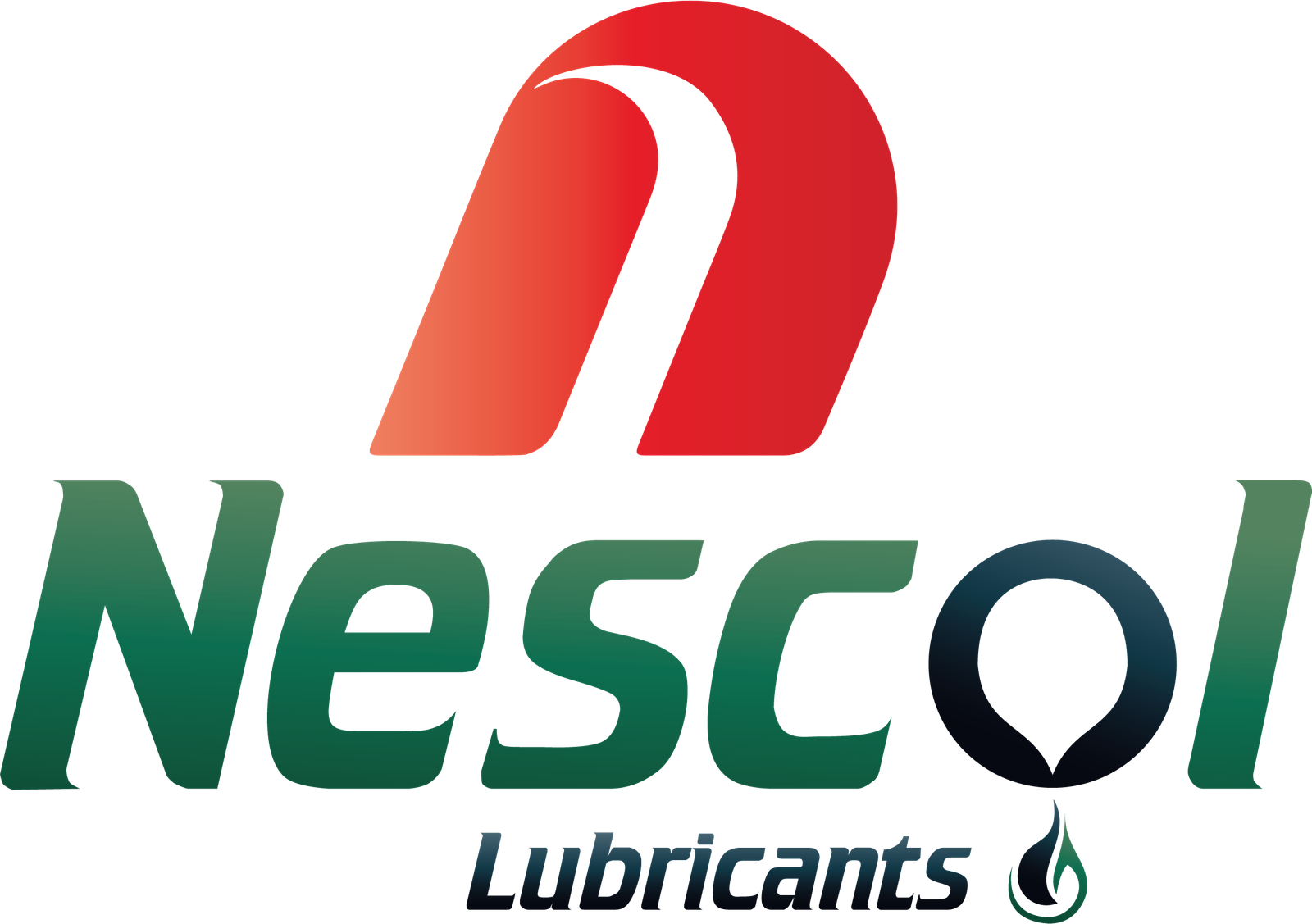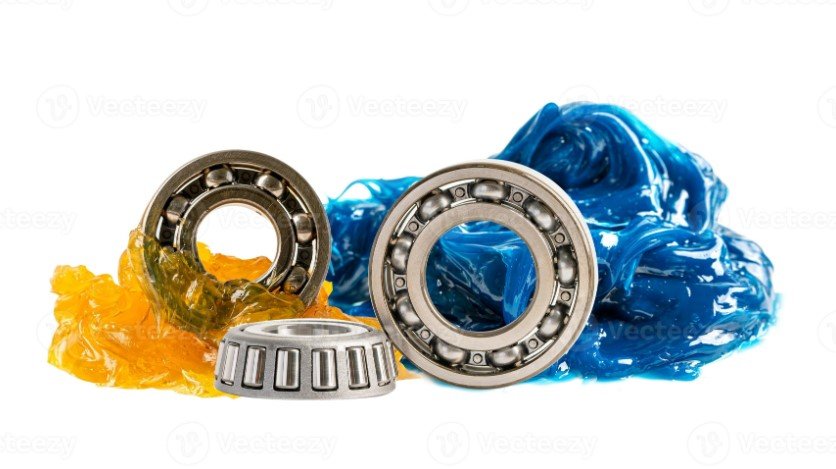Introduction: The Unseen Guardian of UAE Industry
In the relentless engine of the United Arab Emirates’ economy, from the towering cranes of Jebel Ali to the vast conveyor belts of Al Ain and the powerful turbines of the energy sector, machinery is the lifeblood of progress. This equipment operates in some of the world’s most challenging conditions: searing heat, pervasive dust, corrosive saltwater humidity, and immense mechanical loads. In this environment, a failure of a single bearing or gear can cascade into hours of costly downtime, missed deadlines, and significant repair expenses. The first line of defense against this chaos is often the most overlooked: the grease in the fitting.
For decades, lithium-based greases have been the standard. However, the evolution of industrial machinery and the push for greater efficiency and reliability have necessitated a technological leap. Enter Calcium Sulphonate Complex Grease—a multi-functional, high-performance lubricant that is redefining the standards of equipment protection. This comprehensive guide delves beyond the surface, exploring the intricate chemistry, direct comparisons, and critical supplier factors that every maintenance manager, plant engineer, and procurement specialist in the UAE must understand. We will also highlight the pivotal role of expert suppliers like Nescol Lubricants in ensuring you harness the full potential of this advanced lubricant technology.
Deconstructing the Technology - The Chemistry of Performance
To truly appreciate Calcium Sulphonate Complex (CaS Complex) grease, one must understand its fundamental chemistry and how it differs from conventional alternatives.
The “Simple” vs. “Complex” Thickener Distinction
Traditional greases like Lithium 12-hydroxystearate are “simple soaps.” They are created by reacting a fatty acid with a single metallic base. This creates a fibrous network that holds the base oil in place, like a sponge.
CaS Complex grease is a “complex soap.” It is formed by reacting a primary soap (calcium sulphonate) with a complexing agent, typically a short-chain organic acid like acetic acid. This reaction creates a much denser, more robust, and multi-dimensional fibrous structure. This superior matrix is the bedrock of its enhanced performance, offering a higher dropping point and greater mechanical stability.
The Role of Overbased Calcium Sulphonate
The true secret weapon is the “overbased” component. Overbased calcium sulphonates are produced by creating a colloidal dispersion of amorphous calcium carbonate (limestone) within the sulphonate micelles. Think of it as microscopic particles of a solid anti-wear, anti-rust agent being built directly into the grease’s thickener skeleton.
Alkalinity Reserve: This embedded calcium carbonate provides a high Total Base Number (TBN), creating a powerful alkaline reserve. This actively neutralizes acidic contaminants that form from oil oxidation or combustion blow-by, which are primary causes of corrosion and deposit formation.
Inherent Functionality: Unlike simple thickeners that merely hold oil, the CaS Complex thickener is functionally active, contributing directly to rust prevention and extreme pressure protection.
The Unmatched Performance Advantages - A Deep Dive
The unique chemistry of CaS Complex grease translates into a formidable set of performance benefits, each critical to UAE operations.
Superior Mechanical and Thermal Stability
Shear Stability: The complex thickener structure is highly resistant to mechanical shearing, which occurs when grease is worked in bearings. Conventional greases can soften and bleed oil excessively when sheared, leading to a loss of lubrication. CaS Complex maintains its consistency, ensuring a longer service life.
High Dropping Point: With dropping points typically exceeding 260°C (500°F) and often reaching 315°C (600°F), CaS Complex greases will not melt and run out of bearings in high-temperature applications like kiln carts, steel mill bearings, or dryer bearings. This is a stark contrast to lithium complex greases, which typically top out around 260°C.
Unrivaled Corrosion Protection: A Shield Against the Elements
The UAE’s coastal climate presents a constant threat of salt-induced corrosion. The alkaline reserve and the hydrophobic (water-repelling) nature of the sulphonate thickener create a powerful, multi-layered defense:
- Physical Barrier: It forms a tenacious, non-water-soluble film that seals out moisture.
- Chemical Neutralization: It continuously neutralizes acidic agents, preventing the initiation of rust.
- Performance in Salt Fog: ASTM B117 salt spray tests consistently show CaS Complex greases offering over 1000 hours of protection, far exceeding the several hundred hours offered by most other grease types.
Exceptional Load-Bearing Capacity
The solid complexes and advanced additive packages allow CaS Complex greases to handle extreme pressures and shock loads. They typically achieve the highest ratings in standard tests:
Weld Load (Four-Ball EP Test): Often exceeding 600 kg, indicating excellent protection against welding under severe load.
Load Wear Index: A high value demonstrates consistent performance under increasing loads, preventing wear in heavily loaded gears and bearings.
Water Resistance and Environmental Benefits
Water Washout (ASTM D1264): Exhibits exceptional resistance to being washed out by water, with results often below 5% loss, making it ideal for water pumps, marine applications, and food processing plants with frequent wash-downs.
Biodegradability and Toxicity: Certain formulations of CaS Complex greases are inherently more environmentally acceptable than their traditional counterparts. Some are readily biodegradable and non-toxic, making them the preferred choice for environmentally sensitive areas like offshore platforms or near water sources.
A Balanced View - The Pros and Cons
While exceptional, CaS Complex grease is not a universal panacea. An informed decision requires a balanced perspective.
Pros:
Multi-Functional: Can often replace several specialized greases, simplifying inventory and reducing misapplication risks.
Long Service Life: Excellent oxidation stability and mechanical stability reduce relubrication frequency and total consumption.
Broad Temperature Range: Effective from low temperatures (with the right base oil) to very high temperatures.
Superior Corrosion Prevention: The best-in-class protection against rust and corrosion in wet environments.
High Load Capacity: Excellent for shock loads and heavy-duty applications.
Inherent EP/AW Properties: The thickener itself provides a level of protection that other greases must achieve solely with additives.
Cons:
Higher Cost: The complex manufacturing process and raw materials make it more expensive per kilogram than conventional greases like lithium or calcium. However, the Total Cost of Ownership (TCO) is often lower.
Potential Compatibility Issues: Mixing with certain other thickener types (especially some lithium-based greases) can lead to a dramatic softening of the grease, leading to leakage and failure. A thorough purge is recommended when switching.
Noise Generation in Certain Bearings: In some very high-speed, low-load applications, there have been anecdotal reports of slightly higher noise levels compared to purer synthetic hydrocarbon greases, though this is application-specific.
Over-engineering: For standard-speed, moderate-temperature applications, a high-performance CaS Complex grease may be overkill, and a cost-effective lithium complex may suffice.
Head-to-Head Comparison: Calcium Sulphonate Complex vs. The Competition
The following table provides a clear, at-a-glance comparison against other common industrial greases.
| Feature | Calcium Sulphonate Complex | Lithium Complex | Polyurea | Aluminum Complex |
|---|---|---|---|---|
| Max Operating Temp. | Very High (290°C+) | High (~160-180°C) | High (~180°C) | High (~180°C) |
| Dropping Point | Extremely High (260°C+) | High (~260°C) | High (~250°C) | High (~260°C) |
| Water Resistance | Excellent | Good | Fair to Poor | Excellent |
| Rust Protection | Exceptional | Good | Good | Very Good |
| Mechanical Stability | Excellent | Very Good | Good (can shear) | Good |
| EP/AW Properties | Inherently Excellent | Good (additive-dependent) | Fair (additive-dependent) | Good (additive-dependent) |
| Oxidation Stability | Excellent | Very Good | Excellent | Very Good |
| Cost | High | Moderate | Moderate to High | Moderate |
| Best For (in UAE) | Marine, Steel, Mining, Extreme Duty | General Industrial, Automotive | Electric Motor Bearings, High-Speed | Food, Water, High Moisture |
The Supplier Imperative - Why Your Choice in the UAE Matters More Than Ever
Procuring a high-performance grease is only half the battle. The supplier you choose becomes a strategic partner in your reliability journey. This is where the distinction between a mere vendor and a technical partner like Nescol Lubricants becomes critical.
Beyond the Drum: The Value of Technical Expertise
A reputable supplier provides more than just product. They offer:
Application Engineering: Experts from Nescol Lubricants can conduct site audits to analyze your equipment, operating conditions, and failure history to recommend the optimal grease grade and relubrication schedule.
Compatibility Testing: If you are transitioning from an existing grease, a quality supplier can advise on—or even conduct—compatibility tests to prevent costly failures during the changeover.
Troubleshooting Support: When a lubrication-related failure occurs, their technical team acts as a diagnostic resource, helping to pinpoint the root cause, whether it’s the product, application method, or an external factor.
Assurance of Quality and Consistency
The UAE market can be diverse, and product quality can vary. A trusted supplier ensures:
OEM Approvals: The greases supplied carry necessary OEM approvals, ensuring they meet the stringent requirements of your equipment manufacturers.
Batch-to-Batch Consistency: A consistent product is a reliable product. This ensures your lubrication program delivers predictable results year after year.
Authenticity: Guaranteeing that you receive a genuine, high-quality product, not a substandard imitation.
Logistics and Supply Chain Resilience
Downtime is expensive. A supplier’s ability to deliver is non-negotiable. A partner with a strong logistical footprint across the UAE, like Nescol Lubricants, ensures that your operations in Abu Dhabi, Dubai, Sharjah, or RAK are never halted waiting for a critical lubricant delivery.
Implementing a Calcium Sulphonate Complex Grease Program
Transitioning to a new grease requires a structured approach:
Audit and Identify: Start with a full audit of your equipment and current lubricants.
Consult an Expert: Engage with a technical specialist from your supplier to select the right product.
Plan the Transition: Develop a purge-and-replace strategy for critical equipment to ensure compatibility.
Train Your Team: Ensure maintenance technicians understand the new product’s benefits and proper application techniques.
Monitor and Optimize: Use oil analysis to track grease performance and fine-tune relubrication intervals.
Conclusion: A Strategic Investment for Uninterrupted Performance
Calcium Sulphonate Complex Grease is not merely a consumable; it is a strategic investment in operational resilience, cost control, and asset longevity. Its multi-functional nature, while commanding a premium price, delivers unparalleled value by reducing downtime, extending component life, and simplifying maintenance logistics.
The final, and most crucial, step is selecting a supplier whose expertise and reliability match the sophistication of the product itself. By forging a partnership with a knowledgeable and dependable UAE supplier like Nescol Lubricants, you secure more than a superior grease—you gain a strategic ally dedicated to maximizing your equipment’s uptime and empowering your business to thrive in the demanding industrial landscape of the UAE.
FAQs
Initially, Calcium Sulphonate Complex Grease has a higher cost per kilogram than conventional lithium or calcium-based greases. However, when you consider the Total Cost of Ownership (TCO), it often proves more economical. Its long service life, reduced frequency of re-lubrication, and unparalleled ability to prevent costly bearing failures and downtime result in significant long-term savings.
When stored properly in its original, sealed containers in a cool, dry, and indoor location, Calcium Sulphonate Complex Grease typically has a shelf life of up to two years. While it is heat-stable, prolonged storage in direct UAE sunlight or in excessively hot sheds can accelerate oil separation (bleeding). Nescol Lubricants advises following standard storage best practices to maintain product quality.
In many cases, yes. Its multi-functional properties make it a superb “universal” grease for a vast majority of applications, from high-temperature and wet conditions to heavy-load scenarios. This consolidation can dramatically simplify your inventory, reduce procurement complexity, and minimize the risk of misapplication. A lubrication survey from Nescol Lubricants can confirm which applications are suitable.
While Calcium Sulphonate Complex Grease is extremely versatile, for very high-speed, low-load applications (like some spindle bearings), a dedicated high-speed polyurea or synthetic hydrocarbon grease might be marginally better optimized for low torque and quiet operation. However, for most general industrial high-speed applications, a high-quality Calcium Sulphonate Complex Grease will perform excellently.

